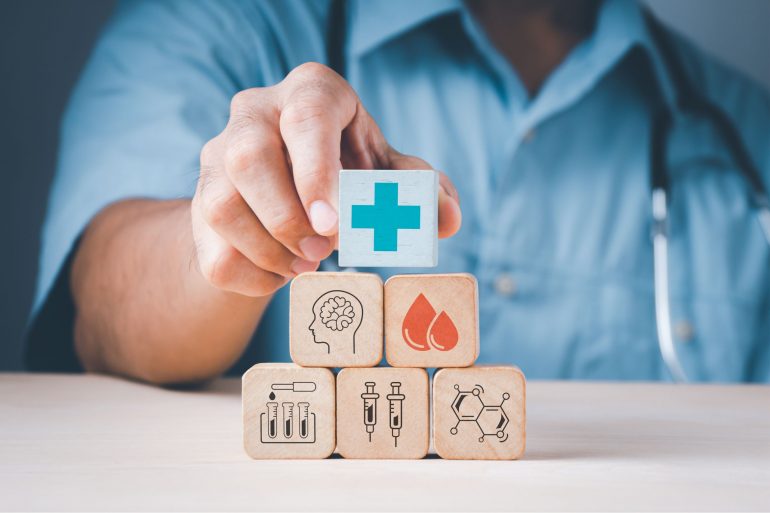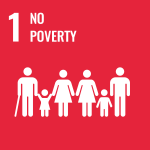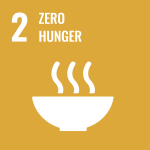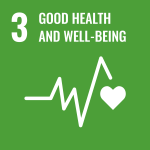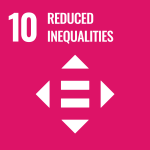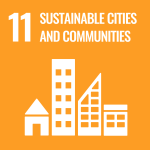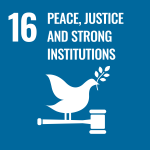UGEC2993 Living healthy: social influences and social determinants
Time
Lecture: Thursdays 02:30 p.m. – 05:15 p.m.
Instructor
Professor JIN Lei
Course Description
Health is a fundamental aspect of human existence. We all want good health, effective treatments of illness and affordable health care. Yet we are faced with many challenges and controversies in our pursuit of good health: glaring inequality in health and longevity, the prevalence of unhealthy lifestyle, the conflicts between patients and doctors, the uncertainty of medical treatments and medical knowledge, and the ever-increasing health care spending. In this course, we dissect these issues from the perspectives of social sciences. We first assess the social determinants of health and illness and examine the following topics: the social distribution of health and illness, societal inequality and health, social networks, social capital and health, health lifestyle and public policy, and the interaction between genetics and social environment. We then address the social organization of health and health care and discuss the following topics: the social construction of health and illness, the social context of patient-doctor relationship, and the social organization of healthcare systems. Throughout the course, we will emphasize the current COVID-19 pandemic and use it to illustrate how social and cultural factors influence health and well-being. This course helps the students understand and relate to the following UN sustainable development goals: SDG#3 good health and well-being, SDG#10 reduced inequalities and peace, SDG#16 justice and strong institutions. By illuminating the social and cultural determinants of health and well-being, this course will enrich the students’ understanding of what contributed to good health and well-being, of the unequal distribution of health and well-being, and of the role of social and political institutions in producing health. It also seeks to motivate the students to think about public policies and social interventions that may promote health and well-being, reduce social disparities in health and strengthen health-promoting institutions.
Learning Outcome
- To understand the social and cultural determinants of health and the social distribution of health and well-being (SDGs #3 and 10)
- To understand the social and political institutional context that may influence health and the distribution of health (SDG #16)
- To critically consider policy and social interventions that may foster health, reduce health disparities and strengthen health-promoting institutions, and reflect on the role the students can play (SDGs #3, 10 and 16)
- To gain insight into the constituent components of the healthcare system and the social and political factors related to the quality, cost and accessibility of healthcare.
- To learn to critically assess biomedicine from sociological perspectives
- To learn to critically compare medicine to other social systems.



